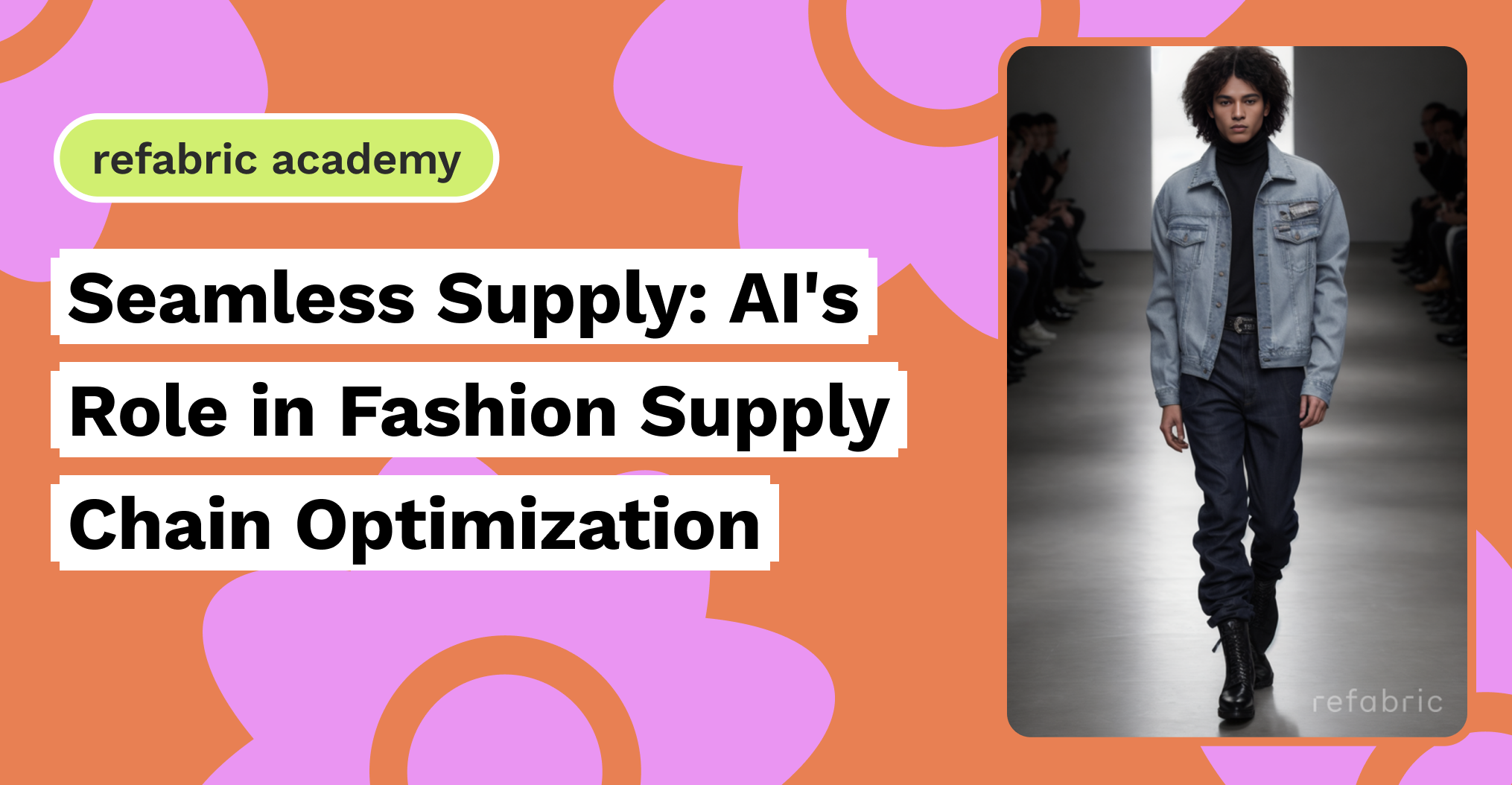AI in Fashion Supply Chain: A Stylish Revolution
Demand Forecasting Precision: One of the primary challenges in the fashion industry is predicting demand accurately. AI steps in as a game-changer by analyzing vast sets of data, including historical sales, social media trends, and even weather patterns. This enables fashion brands to anticipate consumer preferences, reducing the risk of overstock or understock situations. This results with a streamlined supply chain that aligns with market demands.
Logistics Optimization: Efficiency is the heartbeat of any successful supply chain, and AI is the conductor of the harmony. From warehouse management to transportation logistics, AI algorithms optimize routes, minimize delays, and ensure that every step in the supply chain is synchronized. The result is not just timely deliveries but also a reduction in operational costs and an improvement in overall customer satisfaction.
Cost Reduction and Sustainability Benefits
Smart Inventory Management: AI’s ability to analyze data in real-time allows for smarter inventory management. By minimizing excess stock and preventing stockouts, brands can significantly reduce holding costs and avoid markdowns on unsold items. This newfound efficiency translates into cost savings that can be reinvested into other aspects of the business, driving innovation and growth.
Sustainable Practices: AI plays a crucial role in promoting sustainability by optimizing the supply chain. By minimizing unnecessary transportation, reducing overproduction, and enhancing energy efficiency in logistics, AI contributes to a more eco-friendly fashion ecosystem. Sustainable practices not only align with consumer values but also position brands as responsible contributors to a greener future.
The Future of Fashion Supply Chains: AI-Driven Efficiency
As we navigate the evolving industry of fashion, it’s evident that AI is not just a tool but a catalyst for change in the supply chain. The integration of AI in demand forecasting and logistics optimization contributes to the way for a more agile, cost-effective, and sustainable fashion industry. The future of fashion supply chain is not just about delivering products; it’s about delivering value through efficiency and responsibility.
In conclusion, AI is ensuring that fashion not only keeps up with trends but also sets new standards for operational excellence and environmental responsibility.
